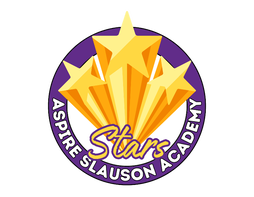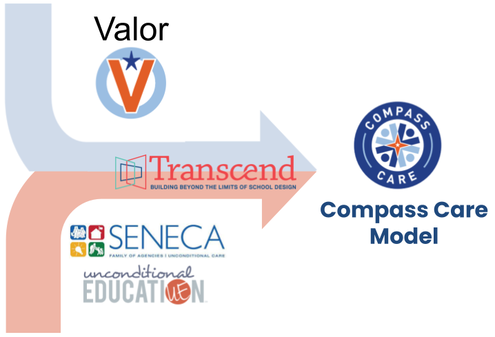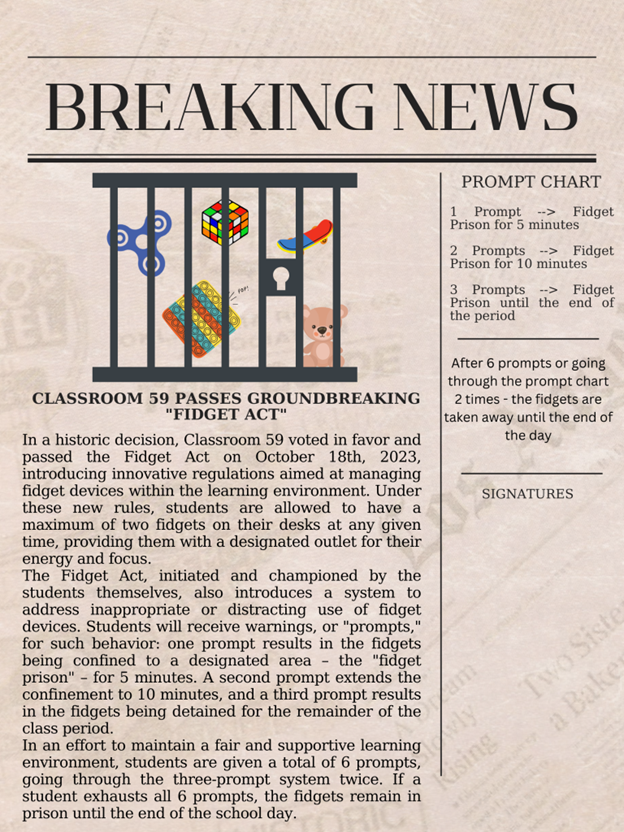
During the 2020-21 school year, students faced enormous barriers to accessing their education through the distance learning platforms available to them.
In the 2021-22 school year, many of those barriers continue. A dramatic number of families have had their economic, physical health, and mental health challenges compound dramatically through this chapter, compromising their access to the internal and external resources needed to support their children in staying connected and engaged with their academic goals.
As many sources and studies have noted, communities who have long suffered from the educational, economic, and health inequities caused by structural racism, oppression, and white supremacy culture in America have disproportionately felt the negative consequences of the pandemic.
Beyond the challenges exacerbated by COVID-19, many parents/caregivers have little trust that the school system will truly do everything it can to support their children and meet their needs, perhaps for valid reasons. The educational system may have failed to meet their own needs when they were students, and now they can’t help but worry that their children will experience the same shortfalls.
All these factors lead too many students and families to give up hope for academic participation and success. Consequently, students limited academic engagement and achievement lead to limited opportunities in their careers and further economic inequities.
Schools, districts, and charter networks have certainly worked hard to remedy this gap in trust and engagement. There are Family Engagement Specialists, school counselors, and school leaders that endeavor to build and rebuild trust with students and families. The Community Schools Movement strives to make schools a hub that can connect students and families to resources across many domains. Especially since the onset of the COVID-19 pandemic, schools have stretched in many ways to provide support to students and families addressing their holistic needs and challenges including access to basic needs (food, shelter), to technology, to mental health and physical health supports, and to financial resources.
Still, school-based resources to help address these complex challenges and inequities are scarce and underfunded. Often families share with school-based staff some challenges they’re experiencing in their lives and the school staff is only able to respond with, “I’m so sorry to hear about those struggles. I wish we had capacity here to really help you with that, to provide case management and possibly link you with other agencies who specialize in that area. But we don’t have that capacity.”
The solution we are proposing and implementing is the Compass Care Model, developed through a partnership among Valor Collegiate Academies, Seneca Family of Agencies, and Transcend Education.
The Partners
Valor
Valor Collegiate Academies is a Charter Management Organization comprised of two middle schools and one high school, delivering world-class personalized education to a diverse community of learners in Nashville, Tennessee. At Valor, we believe that engaging students and the community that supports them in comprehensive human development is essential to their, and our collective, success. Our mission - to inspire our diverse community to live inspired, purposeful lives - is driven by a belief that education is about helping young people reach their whole and full potential. We know that human development is a complex and lifelong process that requires deep and ongoing engagement and that it is guided by the development of a unique inner Compass. The Valor community is committed to supporting all students to develop and refine this inner Compass, knowing we all can fall off course sometimes.
The Compass Care Team is made up of a Team Director, a Team Facilitator, and four Family Partners serving students in all three Valor schools. Some funding for this program comes from the Charter Schools Growth Fund.

Rocketship is a national charter school network committed to ending the achievement gap. The California Bay Area region is utilizing elements of the Compass Care Model as they implement their CareCorps program. Thirteen Bay Area Rocketship elementary schools are participating in this program, with a CareCorps Coordinator assigned to each campus, supported by an Associate Director. One particular focus of the CareCorps Coordinators is building and enhancing partnerships between their schools and local nonprofit agencies in order to provide streamlined, holistic case management support to families. Some funding for this program comes for a grant through the California Community Schools Partnership Program (CA Dept of Education).
Seneca has been a leading Wraparound provider in California for more than 21 years since establishing one of the first Wraparound programs in the state in 1997. Seneca partners with behavioral health, child welfare, and juvenile justice departments across California, implementing its Wraparound model focused on enhancing youth safety, permanency, and wellbeing through Wraparound and Full-Service Partnership (FSP) programs for vulnerable youth and families. Seneca also partners with schools throughout California and in Washington state through our Unconditional Education partnerships which help ensure that all students receive the support they need to achieve ongoing and sustained educational success. Seneca is supporting the Valor and Rocketship partnerships with program design, training, and ongoing consultation for the service providers and Team Directors.
Being a part of the design and early implementation of this new model through this pilot year has been tremendously inspiring. Finding remedies to chronic absenteeism is one of the most critical and challenging tasks we face at the crossroads of education, community wellness, mental health, and equity work. Our programs have many stories of early success. A mother shared the following appreciation: “This program is the answer to my prayers. I wish something like this could have been in place for my oldest son who did not get the support he needed to complete high school.” Of course, in addition to our success stories, we also have some students and families on our caseloads who are still struggling greatly to achieve consistent attendance. Our teams will continue learning through every step of this initial implementation year, striving to more effectively partner with students and families, ever-striving to promote the mission of #EveryStudentEveryDay - attending school, accessing learning, increasing their opportunities.
We were excited to present our work at the California Mental Health Advocacy for Children and Youth (CMHACY) Conference on April 28th in Pacific Grove, CA.

Through our partnership with Oakland Unified School District (OUSD) and Alameda County Behavioral Health, we have been honored to partner with Burckhalter Elementary School since the 2019-20 school year.
Burckhalter is located on a beautiful campus in East Oakland where students are supported to thrive in academics, arts, after-school programs, and community connections. The school benefits from the strong, experienced leadership of Principal Geathers and a well-established Coordination of Services Team (COST) led by Ms. Mack that works to make sure student support needs are effectively met.



 RSS Feed
RSS Feed